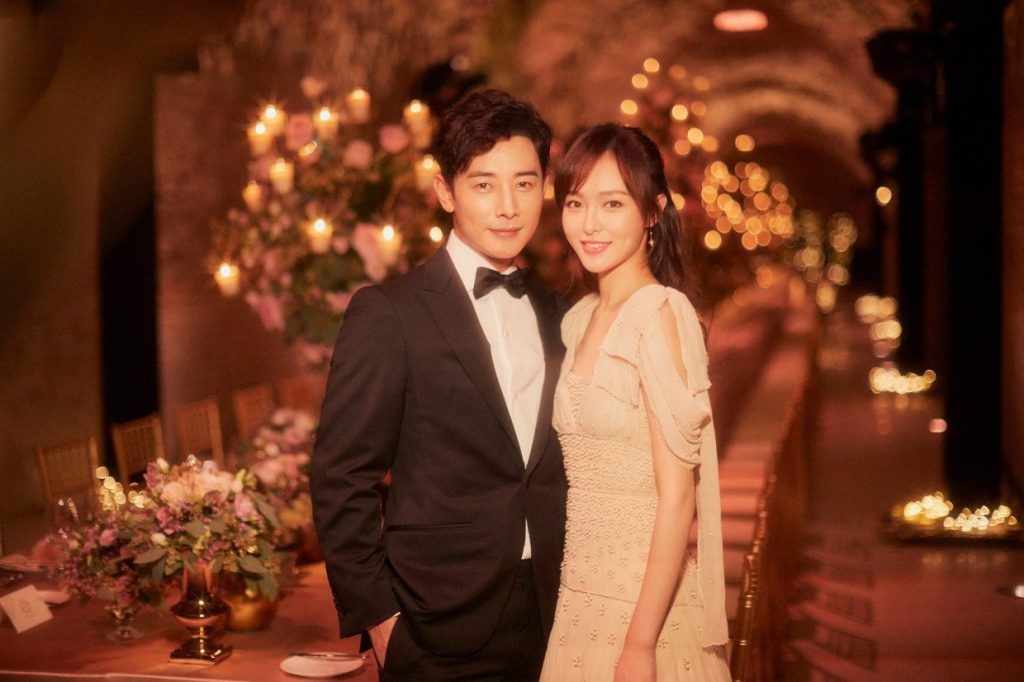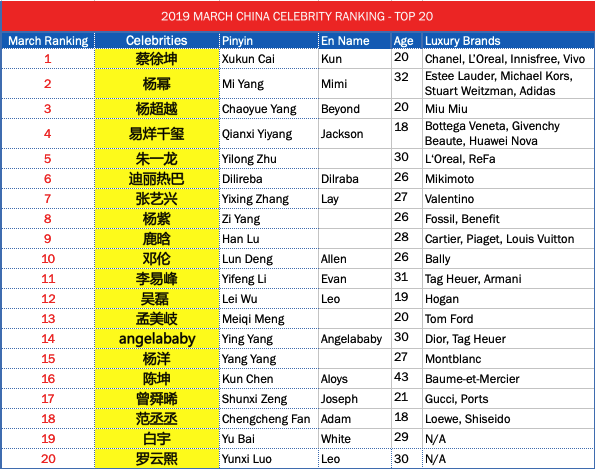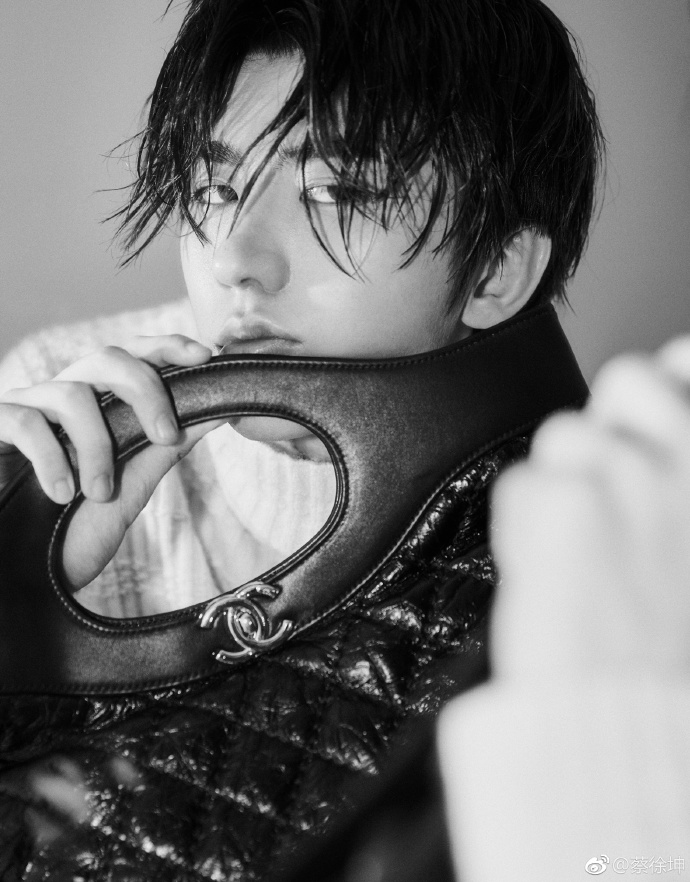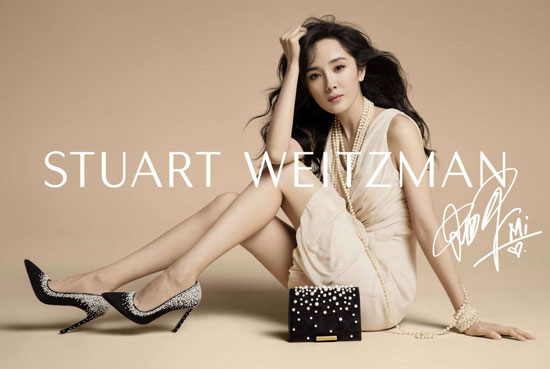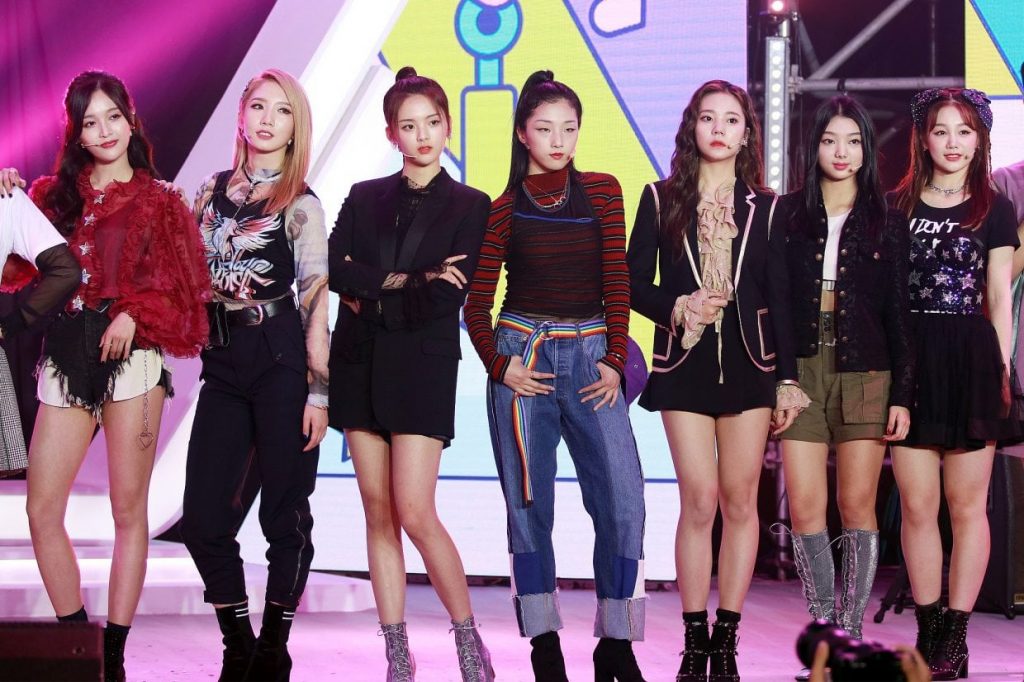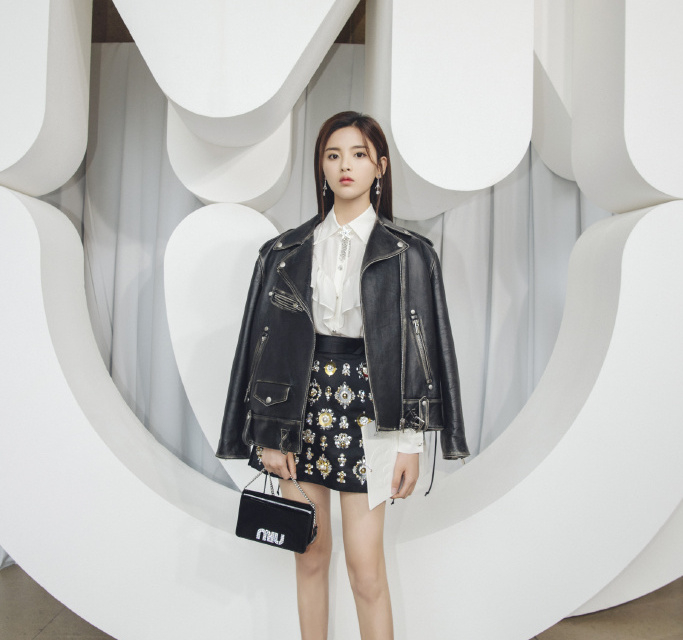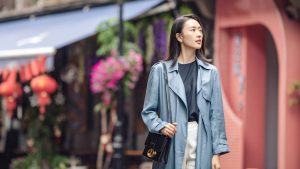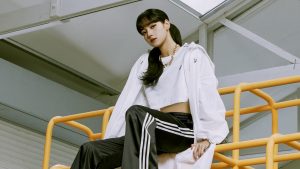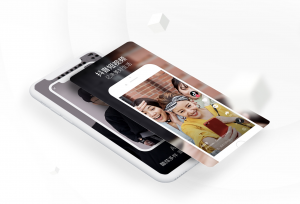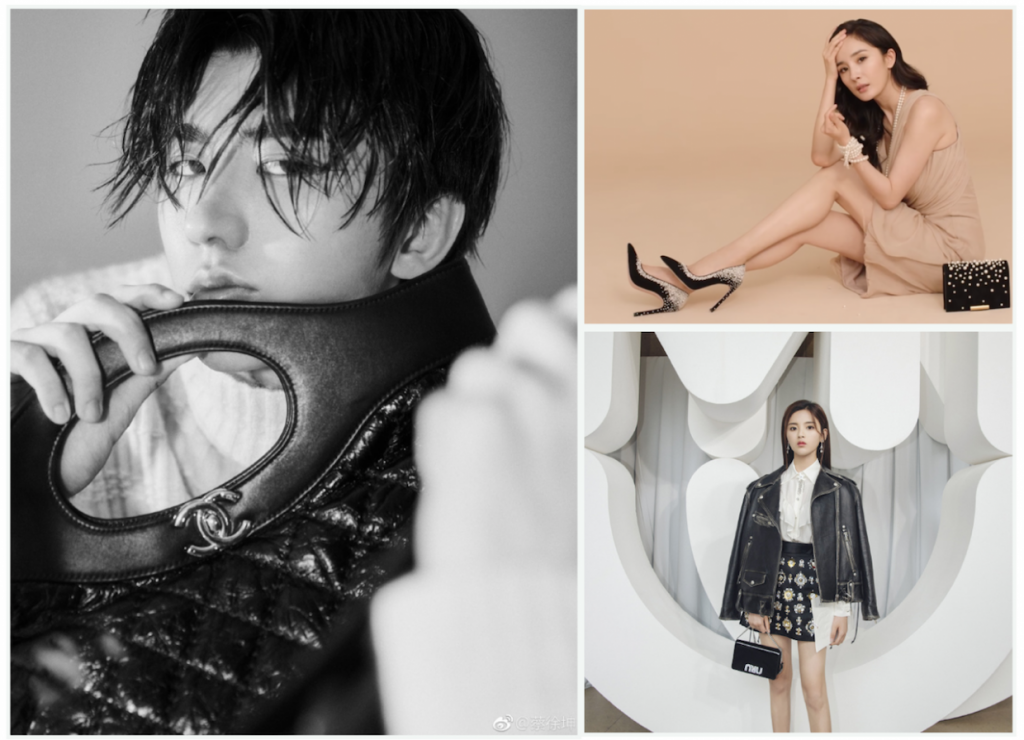
Top 3 celebrity influencers in March. From left to right: XuKun Cai, Yang Mi, Yang Chaoyue. Photo: Jing Daily
Finding the right celebrity can be a shortcut to improved sales for luxury brands in China, as a majority of consumers still see celebrities as their “lifestyle” role models. But for marketers, the process of finding the right candidates, having them sign contracts, and collaborating with them on endorsed campaigns can be a headache for a multitude of reasons.
First of all, the celebrity industry in China is much less transparent and regulated than its more mature counterparts in Europe and North America. China also has fewer top-tier celebrities than top-tier brands, which means that well-established luxury players sometimes have to settle for sharing an ambassador with another brand that isn’t in the same league, despite the fact that they are paying plenty in fees. Take Tang Yan, a Chinese actress who has over 73 million followers on Weibo, for instance. Each part of her body has been locked by a luxury fashion label: She is the brand ambassador for the luxury shoemaker Roger Vivier, spokesperson for the luxury leather and accessory label Bally, and a close friend of the French high fashion brand Chloe, whose Creative Director Natacha Ramsay-Levi even tailor-made a wedding gown for Tang last November.
When it comes to celebrity strategies in today’s digital age in China, an even more alarming problem is that an increasing number of luxury brands have failed to distinguish between influence and popularity when choosing an ambassador. A celebrity’s influence does not necessarily translate into his or her popularity. And that’s part of the reasons why some luxury brands’ endorsement campaigns received a lot of online backlashes.
Because of the continued importance of celebrity strategy, Jing Daily is pleased to announce an initiative with the global consultancy R3, where we’ll co-present a monthly snapshot of China’s most influential celebrities on China’s most important social media platforms, from Weibo and WeChat to Toutiao and Baidu. With the R3 Celebrity Index, we aim to reveal the real stories behind the mystifying yet powerful social media influence of today’s Chinese celebrities.
Methodology:
The following ranking of 20 top celebrity influencers in March is calculated using data from Weibo’s Fan Base (which helps calculate Activity, Adorable, and Social Influence Indexes), Toutiao, Baidu, and WeChat.
Weibo assumes the most weight as it’s the platform where fan engagement can be traced. The Baidu, Toutiao, and Wechat indexes are more based on search behavior. The data from Weibo helps indicate the commercial value for each celebrity, especially for the Adorable index where fans actually use a pay function to express their admiration for a celebrity.
- Activity Index: Activity index is the number of interactions on Weibo, which is a statistical indicator of interactions (including forwarding, commenting, likes, replying to comments, and comment likes on Weibo) generated by the content posted by the star over the past 30 days (including posts, comments).
- Adorable Index: refers to the contribution of fans to the celebrity. Weibo has a mechanism where fans can contribute their admiration to the celebrity by giving virtual flowers, which are not free. The adorable index is generated from the number of flowers the celebrity receives monthly.
- Social Influence Index: There’s a large number of users publishing microblogs daily that mention celebrities. These microblogs are read by other users, and the number of readings reflects the recent popularity of a celebrity. In addition, a large number of users search for celebrities on Weibo every day, and the search volume generated also reflects the recent popularity of those celebrities. This data adds up to the social influence index of the celebrity.
Overall, the March index saw a number of familiar names alongside luxury brands, including Jackson Yee (#4), brand ambassador of Bottega Veneta; Angelababy (#14), brand ambassador of Christian Dior; and Yixing Zhang (#7), brand ambassador of Valentino. All the celebrities except Kun Chen (#16) are millennials and Gen-Zers and have massive followings of fans at the same age or slightly younger.
Xukun Cai, the 20-year-old boy band member of Nine Percent who rose to fame after participating in the Chinese reality show “Producer Idol” in 2018, took the first position in the March ranking, but this was mainly due to an online controversy. On March 18, the 61-year-old Chinese actor and artist Pan Changjiang (潘长江) did not recognize a picture of Cai when playing a game during a variety television show. When the show was broadcast online, Pan’s failure to recognize Cai offended Cai’s fans, and crazy fans began cyber-attacking Pan on Weibo. Even though Cai later apologized to Pan on behalf of his fans, the incident generated a lot of negative talk about the young star. Cai has already worked with a few luxury brands like Chanel and L’Oreal.
Yang Mi, the Chinese actress who represents brands like Estée Lauder, Adidas, Michael Kors, and Stuart Weitzman, was the second most-buzzed-about star in March. For a long time, Yang was one of the most influential celebrities in China, and her work and personal life were always on the public’s radar. In December 2018, the star divorced her husband, Kaiwei Liu, who is a famous actor in Hong Kong. Nowadays, paparazzi are constantly reporting on her personal trips to Hong Kong as well as all sorts of relationship rumors. A major highlight of Yang’s commercial activity in March was the capsule collection that Stuart Weitzman released for her. The brand post she retweeted on March 15 has been commented on by 44,163 users and liked 104,736 times as of this publication. Yang’s relationship with Stuart Weitzman officially started in late January when she became a global spokesperson for the brand. When she posted branded pictures on Weibo to celebrate the appointment, she received comments from Wang Sicong (王思聪), the son of China’s Wanda Group’s founder, which led to a lot of speculation online about their possible relationship.
Yang Chaoyue, who is a 20-year-old band member of Rocket Girls 101, became the third most influential Chinese star in March. Yang is nicknamed “lucky charm” by her fans, as she always brings luck to the parties she represents. In March, she attended the FIBA Basketball World Cup lucky draw ceremony to represent team China. Her country ended up doing well, reinforcing her reputation as a lucky charm. Previously, Yang was seen attending luxury brand Miu Miu’s events.
– This article originally appeared on Jing Daily.


